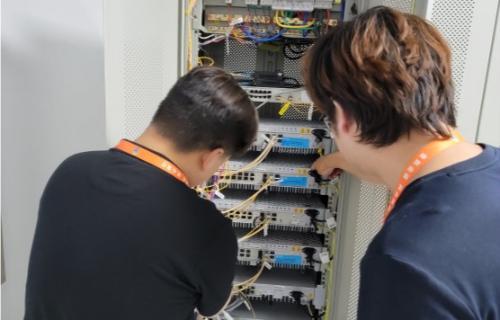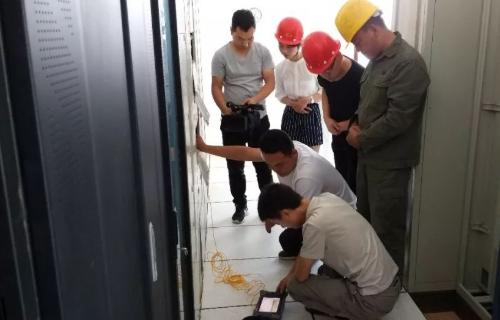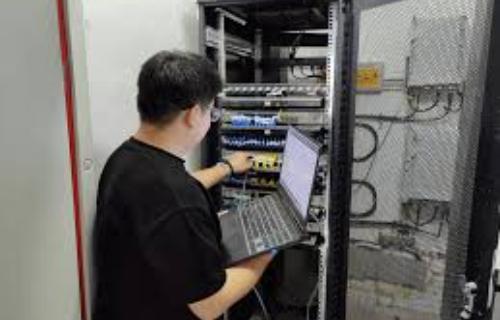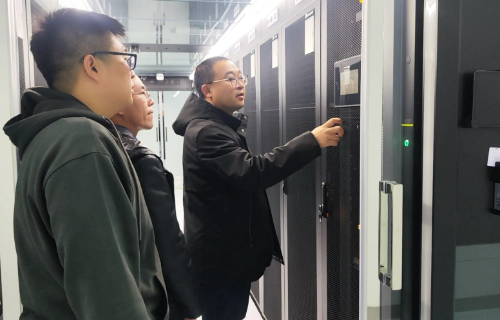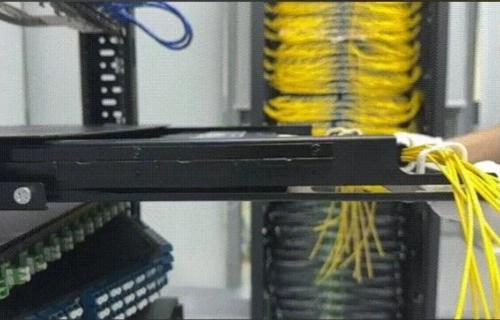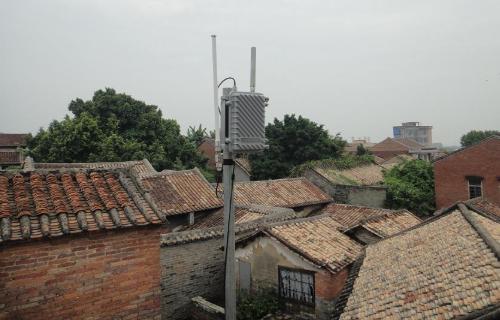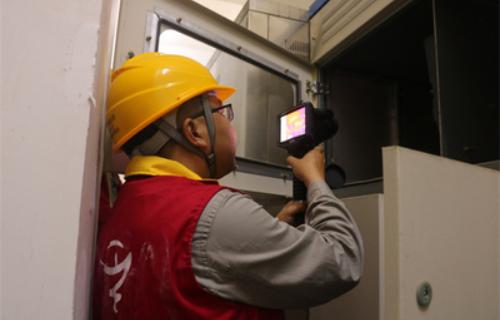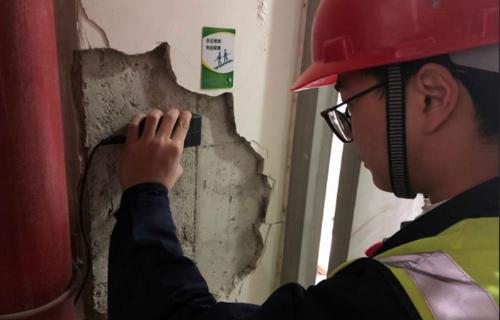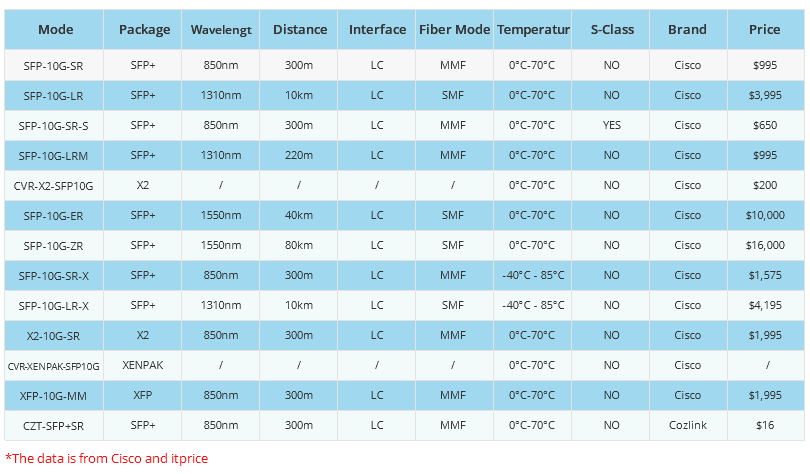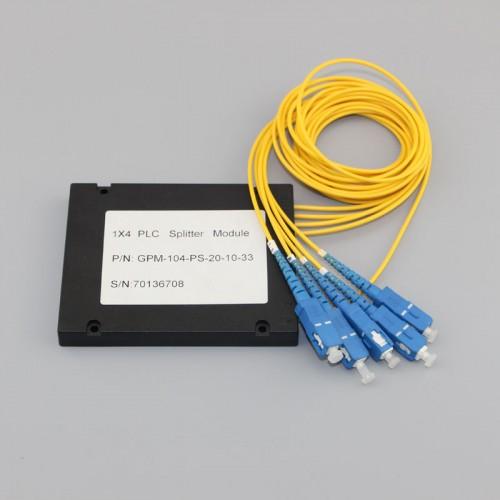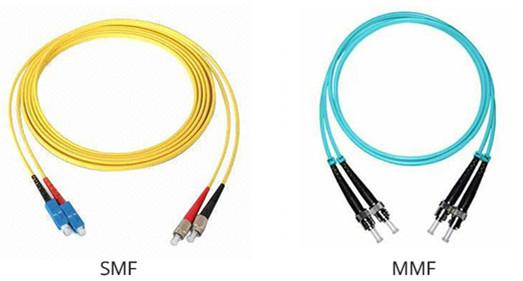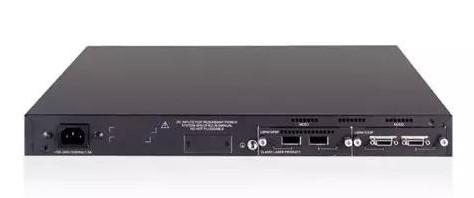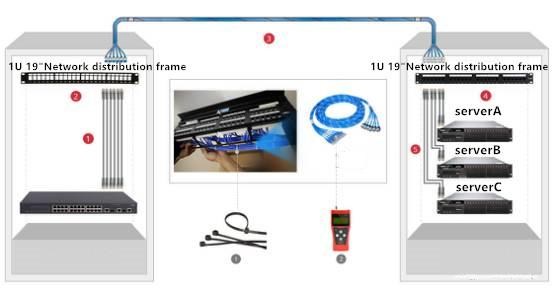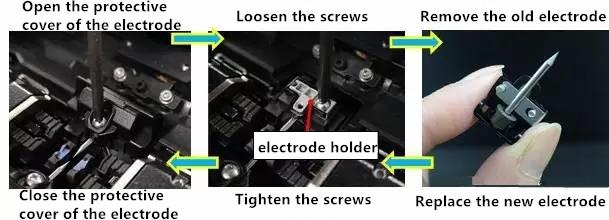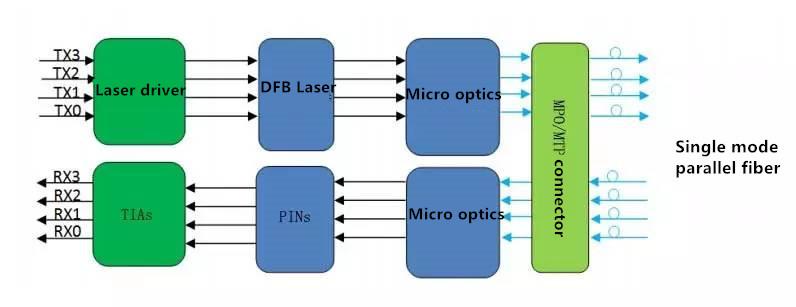- Related articles
- Application of 10 Gigabit Ethernet Card
- What Condition is Required to Enable Layer 3 Switching?
- What are SFP ports?
- Optical Transceivers for Cisco N3K-C3172TQ-32T Switch
- Optical Transceivers for Cisco SG350XG-2F10-K9-UK Switch
- Optical Transceivers for Cisco WS-C3650-48FS-E Switch
- All Cisco SFP-OC3-SR's information (List price, Specs, Datasheet PDF, Compatibility matrix
- All Cisco ONS-SE-2G-L2's information (List price, Specs, Datasheet PDF, Compatibility matr
- Optical Transceivers for Cisco N2K-C2232PF Switch
- All Cisco DWDM-XFP-35.04's information (List price, Specs, Datasheet PDF, Compatibility ma

PCI Express technically Peripheral Component Interconnect Express but often seen abbreviated as PCIe or PCI-E which is a standard type of connection for internal devices in a computer.
Generally, PCI Express refers to the actual expansion slots on the motherboard that accept PCIe based expansion cards and to the types of expansion cards themselves.
PCI Express has all but replaced AGP and PCI, both of which replaced the oldest widely-used connection type called ISA.
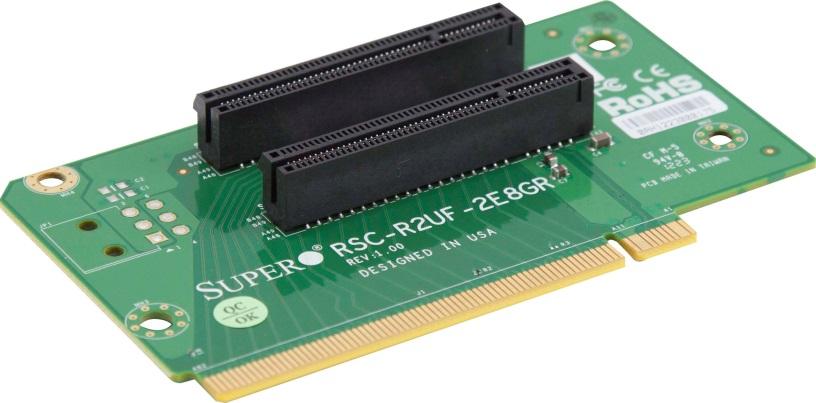
PCI Express x8
In PCI Express x8 x indicates the physical size of the PCIe card or slot, with x16 being the largest and x1 being the smallest. The PCI Express interface allows high bandwidth communication between the device and the motherboard, as well as other hardware.
While not very common, an external version of PCI Express exists as well, unsurprisingly called External PCI Express but often shortened to ePCIe.
ePCIe devices, being external, require a special cable to connect whatever external, ePCIe device is being used to the computer via an ePCIe port, usually located on the back of the computer, supplied by either the motherboard or a special internal PCIe card.
4 Port pci Network Card
The Intel Gigabit ET Dual Port Server Adapter and Intel Gigabit EF Dual Port Server Adapter are Intel's third generation of PCIe GbE network adapters. Built with the Intel 82576 Gigabit Ethernet Controller, these new adapters showcase the next evolution in GbE networking features for the enterprise network and data center. These features include support for multi-core processors and optimization for server virtualization.
The Intel Gigabit ET Dual Port Server Adapter product brief provides features and benefits for the Intel Gigabit ET Dual Port Server Adapter, Intel Gigabit ET2 Quad Port Server Adapter, and Intel Gigabit EF Dual Port Server Adapter.
Summary
Thanks to the demand for faster and more realistic video games and video editing tools, video cards were the first type’s computer peripherals to take advantage of the improvements offered by PCIe.
While video cards are easily still the most common type of PCIe card you'll find, other devices that benefit from considerably faster connects to the motherboard, CPU, and RAM are also increasingly being manufactured with PCIe connections instead of PCI ones.
Of course with PCIe replacing PCI and AGP completely in newer motherboards, just about every type of internal expansion card that relied on those older interfaces are being redesigned to support PCI Express. This includes things like USB expansion cards, Bluetooth cards, etc.








































